President Putin announces he HAS NOT met with Syria’s Assad, but plans to
Putin Reveals: “I Have Not Met With Assad, But I Plan To” – A Significant Shift in Russian-Syrian Relations
In a surprising announcement that has piqued the interest of international observers, Russian President Vladimir Putin revealed that he has not yet met with Syrian President Bashar al-Assad in person, but plans to do so in the near future. This statement marks a shift in the often-private interactions between the two leaders and suggests that Russia is preparing for a new phase in its relationship with Syria, particularly as the Syrian conflict enters its final stages of reconstruction and political reshuffling.
Putin’s comments, made during a public address, have left many wondering about the implications of such a meeting for the region. With Russia being Assad’s most powerful ally throughout the Syrian Civil War, the revelation has sparked speculation about the future of Russian-Syrian relations and the broader geopolitical landscape in the Middle East.
The Context of Russia-Syria Relations
To understand the significance of Putin’s statement, it is important to first reflect on the nature of Russian-Syrian relations, particularly since the outbreak of the Syrian Civil War in 2011. Syria has long been one of Russia’s most important allies in the Middle East, and Moscow has provided critical military, diplomatic, and economic support to the Assad regime throughout the conflict.
Russia’s military intervention in Syria, which began in 2015, was pivotal in turning the tide of the war in favor of Assad’s government. Russian airstrikes, along with ground support from Russian military advisers, significantly weakened rebel forces and helped the Syrian military reclaim large swaths of territory. Putin’s government has repeatedly emphasized its commitment to the stability of Syria and the preservation of its territorial integrity, making Russia the de facto guarantor of Assad’s rule.
Despite the close strategic ties between the two leaders, Putin and Assad have largely communicated through intermediaries and in formal diplomatic channels. While they have had numerous telephone conversations, Putin has not made an official visit to Syria to meet with Assad in person until now. This fact alone speaks to the often behind-the-scenes nature of their relationship, where personal meetings have not been deemed necessary for coordination and cooperation.
However, Putin’s recent statement that he plans to meet with Assad indicates a shift in the dynamics of their relationship and suggests that Russia may be preparing for a more direct engagement with Syria’s leadership in the coming months.
The Timing of the Announcement
Putin’s revelation comes at a time when the Syrian conflict is moving toward an uneasy resolution, with much of the country under the control of the Assad government and various rebel groups either defeated or displaced. The war, which has claimed hundreds of thousands of lives and displaced millions, is transitioning into a phase of reconstruction and diplomatic negotiations.
Syria is now focused on rebuilding its war-torn economy, securing international support for reconstruction efforts, and navigating the complex geopolitical terrain of the Middle East. Despite its military success, Syria remains isolated diplomatically, with much of the international community either imposing sanctions or reluctant to fully embrace Assad’s government due to human rights abuses and war crimes committed during the conflict.
This is where Russia’s role becomes even more significant. As a permanent member of the United Nations Security Council, Russia wields considerable diplomatic influence, and Putin’s administration has worked tirelessly to re-integrate Syria into the international fold, securing humanitarian aid and economic investment, particularly from Russia and its allies.
Putin’s plans to meet with Assad may signal that Russia is ready to take its diplomatic support of Syria to the next level, particularly in light of ongoing regional tensions and the need for a coordinated approach to Syria’s reconstruction. A meeting between the two leaders would also serve to reaffirm Russia’s commitment to Assad, reinforcing the message that Syria remains a key ally in Russia’s broader strategy in the Middle East.
What Does This Meeting Mean for the Middle East?
The announcement of a potential Putin-Assad meeting holds significant implications for the Middle East, particularly in terms of the region’s shifting alliances and the role of external powers. Since the outbreak of the Syrian Civil War, the Middle East has seen an evolving power struggle, with Russia, the United States, Iran, Turkey, and other regional actors all vying for influence over the outcome of the conflict.
For Russia, meeting with Assad in person would be an important symbolic gesture that further solidifies its status as the dominant foreign power in Syria. Despite ongoing tensions with the West and Turkey, Russia has largely succeeded in securing its position in Syria, building military bases, and maintaining a strategic presence in the Mediterranean. A personal meeting with Assad would send a message to both Western powers and regional rivals that Russia remains the leading force in Syria and that its influence in the Middle East is stronger than ever.
For Syria, the meeting would be a chance to solidify its relationship with Russia, which has been the cornerstone of Assad’s survival throughout the war. Putin’s continued support allows Assad to navigate the post-conflict phase, offering some diplomatic legitimacy in the eyes of the international community. While Assad’s government remains largely unrecognized by Western powers, the strong Russian backing has allowed Syria to maintain a foothold in international negotiations, especially on issues like reconstruction aid and the return of displaced refugees.
However, the meeting could also have implications for Syria’s relationships with other regional powers. For instance, Iran, another key ally of Assad, may view a high-profile meeting between Putin and Assad as an affirmation of Russian dominance in Syria, particularly as Iran has its own regional ambitions in the Middle East. Meanwhile, Turkey, which has supported opposition forces in Syria and has military presence in northern Syria, may view any direct interaction between Putin and Assad as a reminder of its diminished influence in the region.
The Strategic Importance of Syria to Russia
Syria is not just a regional ally for Russia—it is of strategic importance due to its location in the heart of the Middle East. The country serves as a gateway for Russia to project its power in the Mediterranean, and its naval base in Tartus remains one of Russia’s few military installations outside of former Soviet territory.
In addition, Syria has been a critical partner in Russia’s broader efforts to counterbalance U.S. and NATO influence in the region. Russia’s support for Syria has allowed it to position itself as a counterpoint to Western-led coalitions, which have been critical of Assad’s human rights record and military actions. By maintaining a close relationship with Syria, Russia can challenge Western hegemony in the region and strengthen its geopolitical foothold.
Furthermore, Syria’s cooperation with Russia has been central to the expansion of Russian influence across the Middle East. Moscow’s role in brokering ceasefires, facilitating peace talks, and providing military support has established Russia as an indispensable actor in the region, giving it leverage in future negotiations concerning the fate of Syria and the broader geopolitical landscape.
What to Expect from the Putin-Assad Meeting
Although Putin has not revealed any specific details about the planned meeting with Assad, it is likely that the discussions will focus on Syria’s post-conflict reconstruction, the return of displaced populations, and the rebuilding of key infrastructure. Additionally, the meeting could address Syria’s international reintegration and the potential for future diplomatic normalization with Arab and Western countries.
The future of U.S. sanctions on Syria, particularly those aimed at restricting reconstruction efforts, could also be a topic of discussion. Russia has repeatedly called for the lifting of sanctions, arguing that they hinder Syria’s ability to rebuild and recover from the war. Moscow may also use the meeting as an opportunity to reinforce its support for Assad’s government in the face of ongoing international pressure.
In addition, the geopolitical implications of the meeting will be closely watched by regional powers like Turkey, Iran, and Israel, all of whom have their own vested interests in Syria’s future. Turkey, which has supported opposition groups and has military forces in northern Syria, may seek assurances from Russia about the future of its own strategic interests in Syria.
Conclusion: A Key Moment in Russia-Syrian Relations
Putin’s announcement that he has not yet met with Assad but plans to do so in the near future marks an important moment in the ongoing relationship between Russia and Syria. As the Syrian Civil War transitions into a new phase, the meeting could solidify Russia’s leadership role in Syria’s reconstruction and the broader geopolitical landscape of the Middle East.
The meeting will not only reinforce Russia’s strategic position in Syria but also send a clear signal to regional and global powers that Russia remains committed to supporting Assad’s government and ensuring Syria’s stability. The world will be watching closely to see what comes of this high-stakes diplomatic encounter and how it shapes the future of both Syria and Russia’s role in the Middle East.
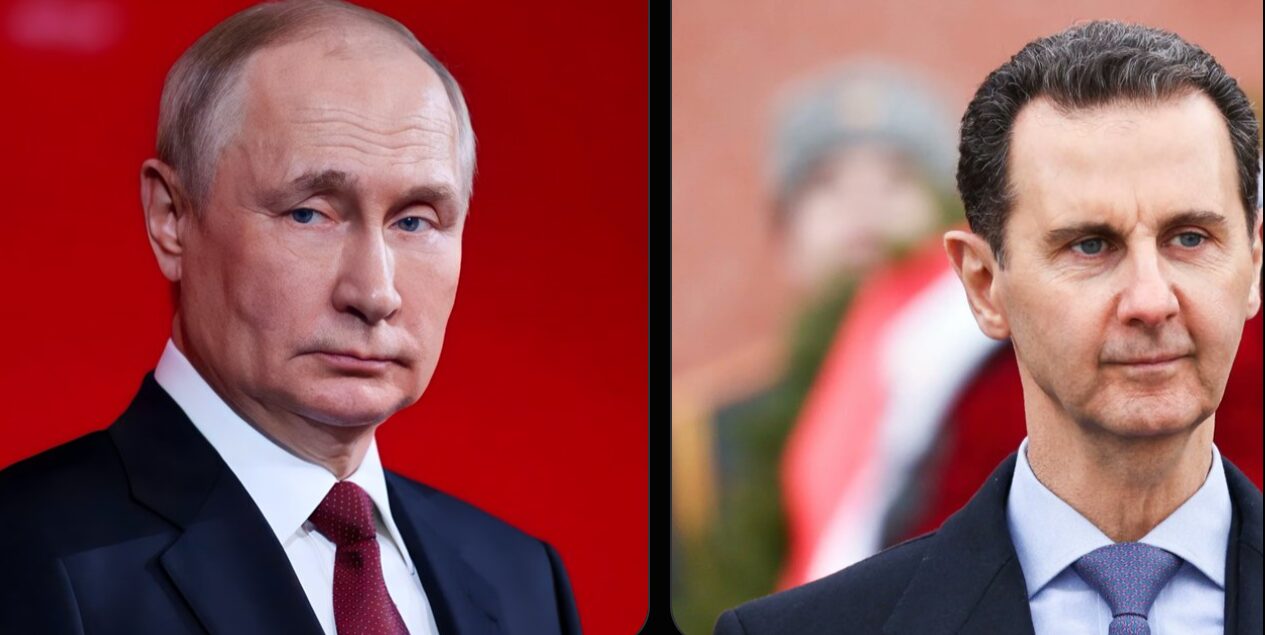
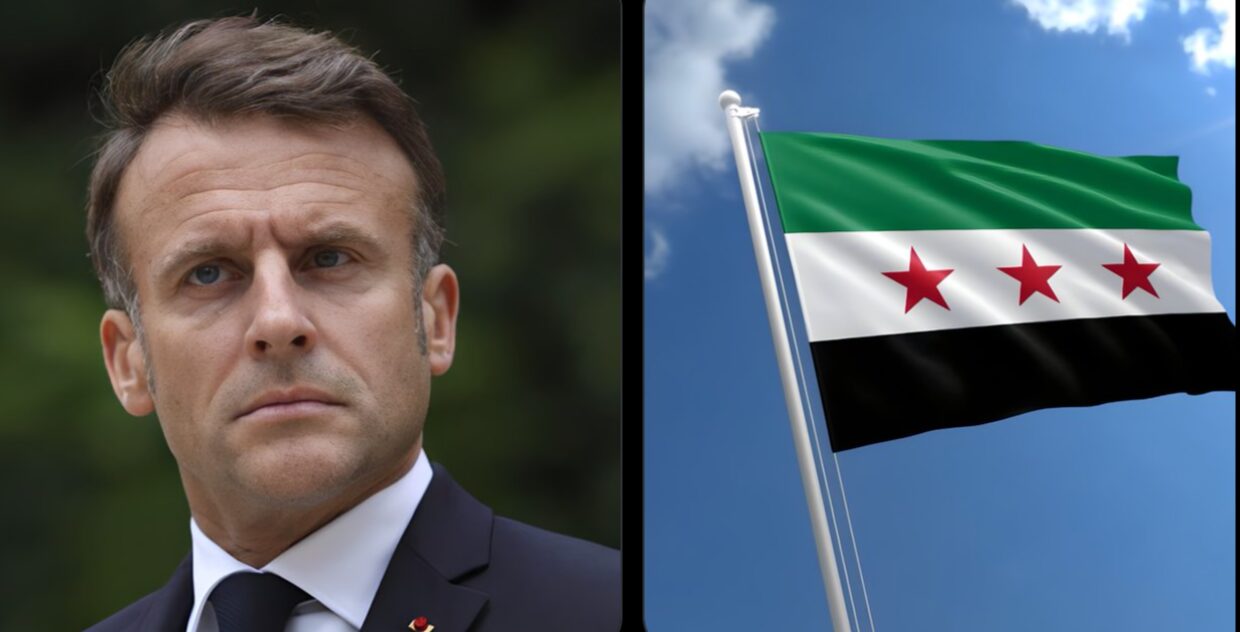
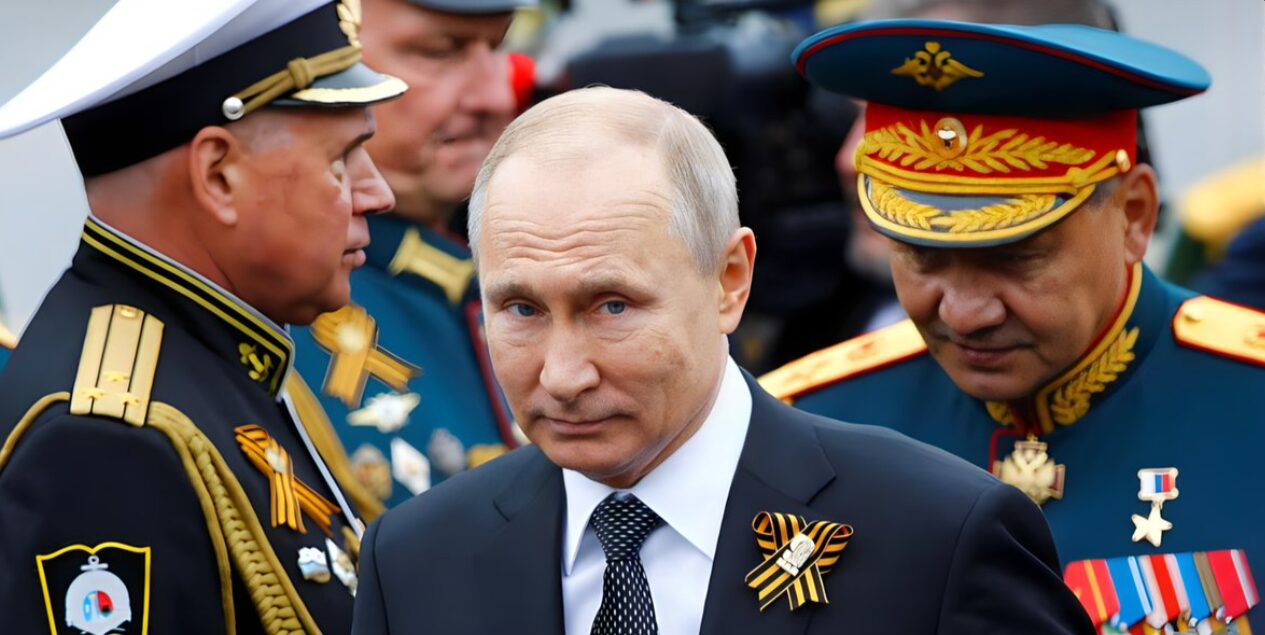
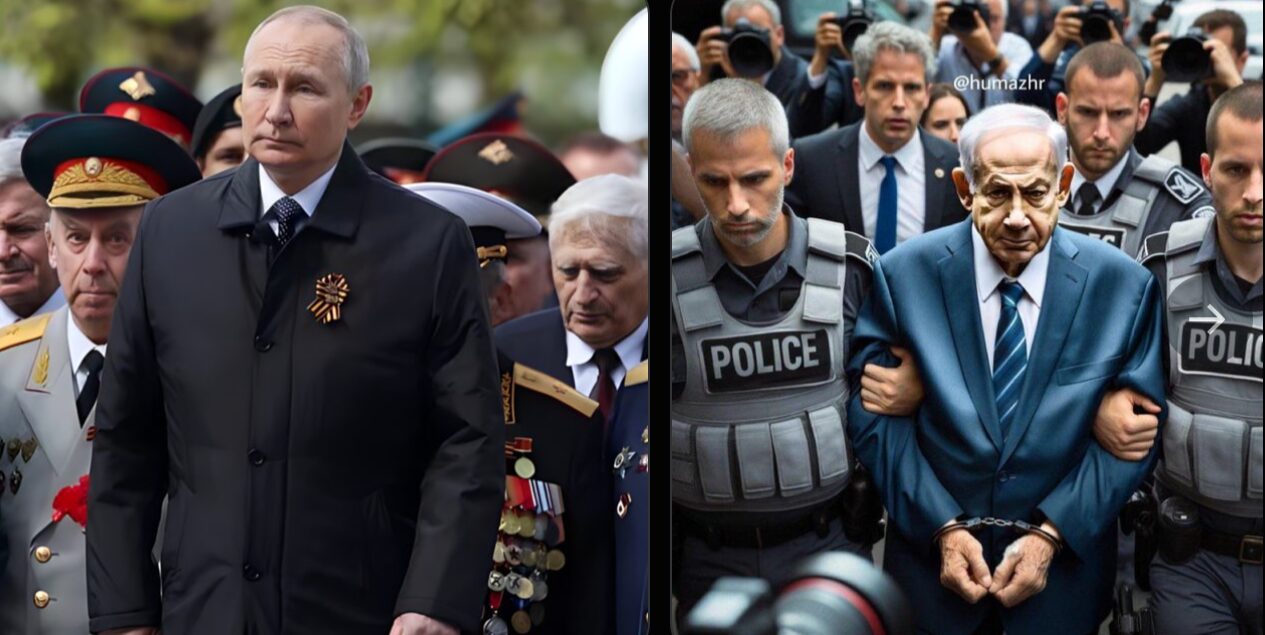

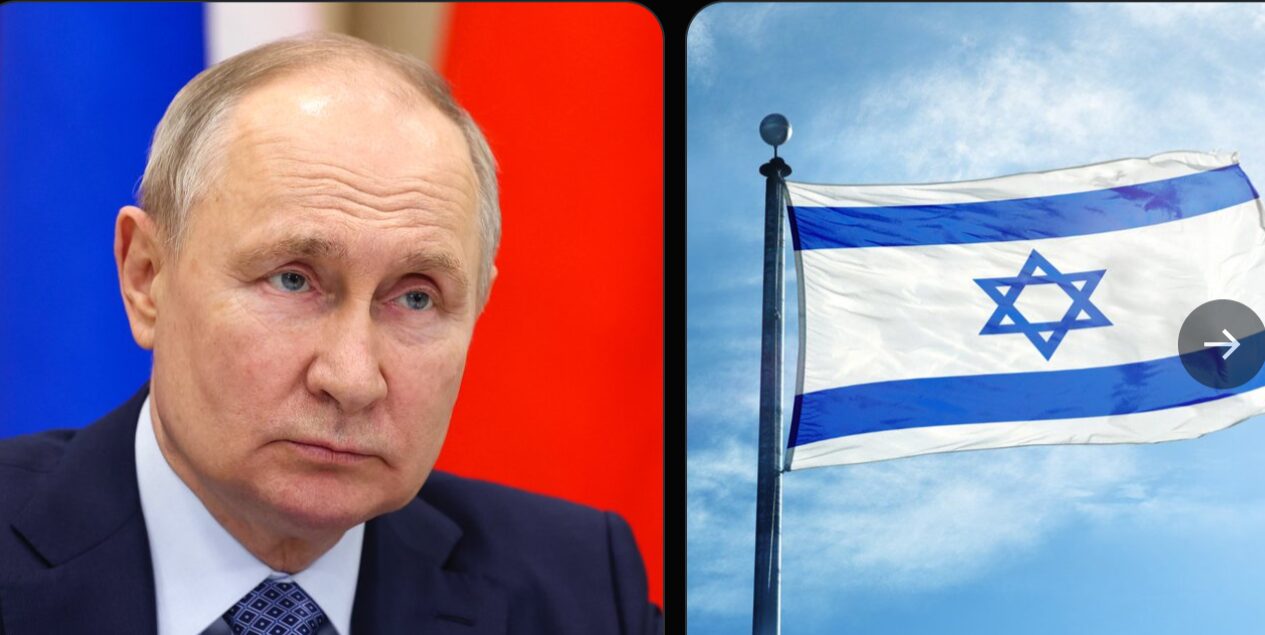

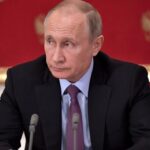
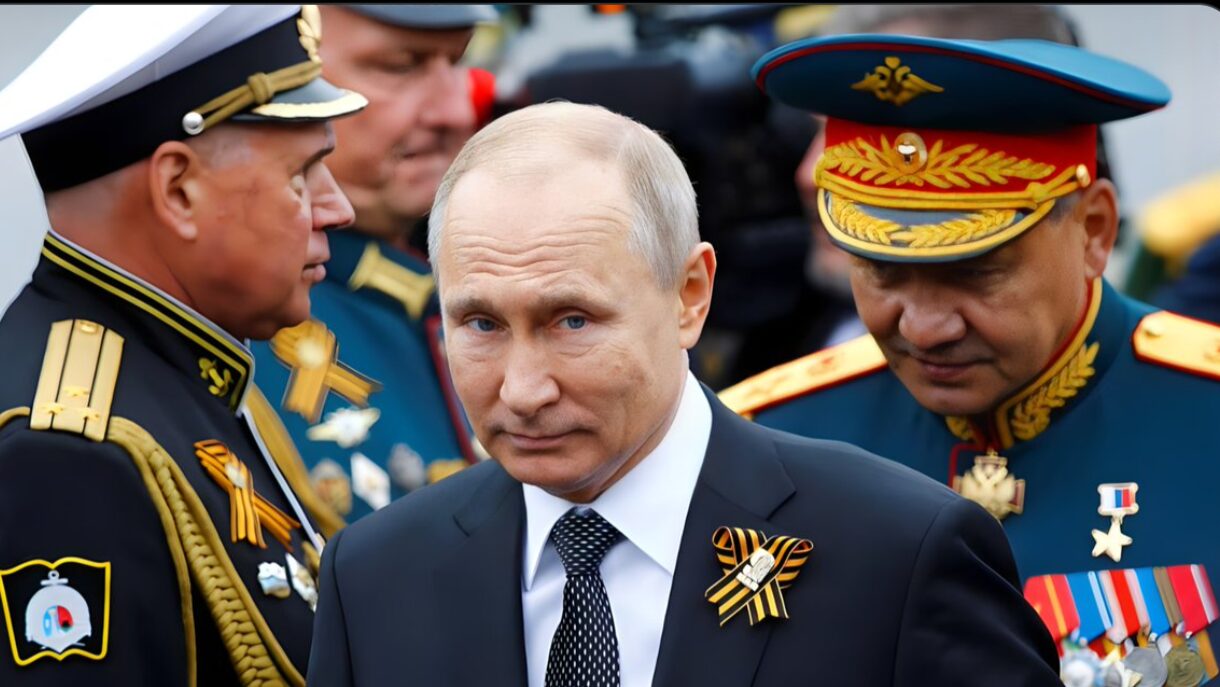








Post Comment